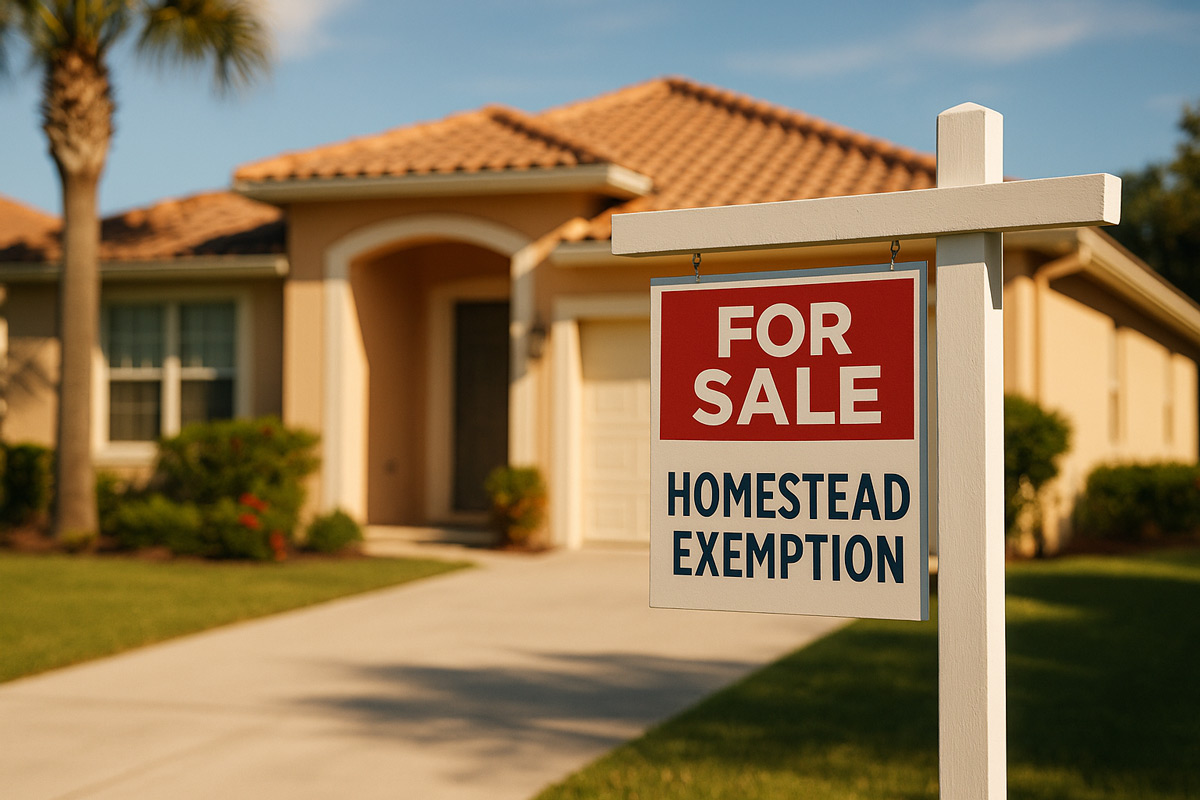
For Florida residents, the Homestead Exemption isn't just a tax perk — it's one of the most powerful financial tools for long-term homeownership. Whether you're in bustling Miami-Dade or quiet Pasco County, this legal benefit can shave thousands off your property taxes each year while also offering critical protections against forced sale.
Understanding the Florida Homestead Exemption
In simple terms, Florida's Homestead Exemption allows eligible homeowners to reduce the taxable value of their primary residence by up to $50,000. The first $25,000 applies to all property taxes, including school district levies. The second $25,000 applies only to non-school taxes.
This exemption is written into the Florida Constitution, which makes it uniquely robust. According to the Florida Department of Revenue, more than 9.5 million Floridians benefit from it annually.
"We advise all first-time buyers to apply for the Homestead Exemption as soon as possible," says John Smith, an Orlando-based real estate attorney. "It can mean the difference between stretching to afford your mortgage or breathing easier month to month."
Who Qualifies — and How to Apply
To qualify, homeowners must:
- Own the property as of January 1 of the tax year
- Make it their permanent legal residence
- Submit an application by March 1 to their county property appraiser
You'll need to provide a Florida driver's license or ID, voter registration, and proof of residence. Applications are typically available online through your local county website — such as the Miami-Dade Property Appraiser or the Pinellas County Property Appraiser.
Pro Tip
If you're moving from out of state, be sure to file your Florida Declaration of Domicile. This strengthens your case for Florida residency in the eyes of tax authorities.
How Much Can You Save?
Let's look at an example in Tampa: If your home is assessed at $300,000, applying both parts of the Homestead Exemption brings your taxable value down to $250,000. That translates into real tax savings of around $800 to $1,200 annually, depending on your county's millage rate.
But that's just the beginning. Florida's "Save Our Homes" cap, which goes hand-in-hand with the exemption, limits annual increases in assessed value to 3% or the Consumer Price Index — whichever is lower.
"In high-growth areas like Naples and Sarasota, long-time homeowners are shielded from property tax spikes thanks to Save Our Homes," explains Jane Doe, a Naples-based housing market analyst. "That kind of predictability is rare in today's volatile housing climate."
Portability: A Hidden Bonus
Many homeowners don't realize they can transfer their tax savings when they move within Florida. Known as "portability," this feature allows you to carry over up to $500,000 in exemption savings to your new home.
Let's say you've lived in Jacksonville for 15 years, and now you're relocating to Orlando. As long as you move within three years and file a Portability Application, your tax advantage can move with you.
Fast Facts on Portability
Maximum Benefit: $500,000
Time Limit: Must move within 3 years of selling your previous homesteaded property
Where to Apply: Your new county's property appraiser office
Legal Protections: More Than Just Taxes
Beyond tax savings, the Homestead Exemption offers a critical layer of protection: it prevents creditors from forcing the sale of your primary home, even in bankruptcy. This is especially valuable in Florida, where such protection is considered among the most comprehensive in the nation.
There are exceptions — for example, mortgage holders or government liens — but for most consumer debt, your home is safe territory under Florida law.
Watchouts and Common Mistakes
- Renting out your homesteaded property can void the exemption.
- Owning multiple homes? Only your primary Florida residence qualifies.
- Missed the March 1 deadline? Some counties allow late filing with "extenuating circumstances," but approval is not guaranteed.
Keep your exemption status up to date, especially after life changes like divorce, marriage, or death of a co-owner.
Make your Homestead Exemption work for you.
Consult your local property appraiser's office or a trusted real estate professional to maximize your savings.